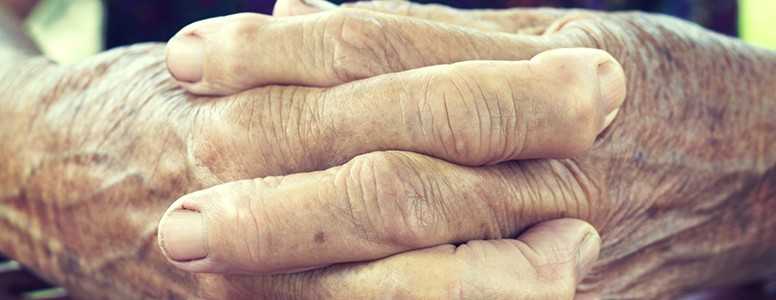The NHS has funded holidays and games consoles for certain patients under a ‘personal health budget’ schemen, according to a new investigation.
The spending, uncovered by Pulse, has led to heavy criticism: the effects have been described as potentially “catastrophic.”
Other uses of the personal health budgets include a satnav, shiatsu massage, and horse riding.
What is a personal health budget?
Patients with long-term health conditions that require healthcare at home are entitled to ‘personal health budgets,’ which are designed to give them maximum control over how they are treated by the NHS. All personal budget expenditure has to be agreed by NHS officials.
Personal budgets are based on the idea that a patient has a good idea of what they need for their own wellbeing, even if their needs are not strictly medical. For example, a patient in Stoke spent £20 on music lessons – a total cost of £1,000 over the course of the year – at the request of a local mental health team, who argued that providing the music lessons would lead to “the patient requiring less support” from the NHSNHS.
A statement from the Department of Health said: “It’s right in some cases that patients with chronic ongoing health needs should be able to take decisions about their own care to help improve their quality of life, and personal health budgets can do just that.
“Anything bought using this budget has to be agreed with a health professional, signed off by the local NHS and show clear evidence of improved outcomes. Personal health budgets are cost-neutral and therefore do not represent taking anything away from the public purse.”
Why have personal health budgets been criticised?
However, the NHS’s use of personal health budgets has been heavily criticised, primarily because they are expensive: clinical commissioning groups (CCGs) plan to spend over £120m this year on personal budgets for only 4,800 patients.
“It is easy to see that a holiday or a summer house could have a powerful effect on an individual’s wellbeing, but can the NHS really afford these luxuries at a time of austerity?” wrote Nigel Praities, editor of Pulse.
“Since April, all patients with a long-term condition have the ‘right to have’ a personal health budget, and a Government evaluation […] did show these patients could benefit. There were measurable improvements in quality of life and a reduction in hospital use.
“But this was in small numbers of patients; a subsequent independent evaluation found personal budgets cost £4,000 more per patient compared with usual care and could actually have a negative effect on outcomes.”
Praities also warned that finding the money for personal health budgets would lead to serious cuts elsewhere:
“Pulse recently reported that a centre for people with serious mental illness run by the charity MIND had been forced to close because of ‘drastic’ funding cuts resulting the CCG diverting cash to develop personal health budgets.”
Richard Vautrey, deputy chair of the British Medical Association’s general practitioners committee, echoed these concerns:
“Quite often they are working within limited margins and so loss of even a small amount of their income can jeopardise a whole service. This can have serious implications for large numbers of people just based on the whims of a small number.”
The findings may be especially surprising to people with diabetes, particularly type 2 diabetes. Recent reports suggest that the costs of diabetes will bankrupt the NHS, echoing the need for personal responsibility and lifestyle changes in order to offset the costs. It may seem strange, amidst such rhetoric, that money is being spent in a way that appears so unaffordable.
What's new on the forum? ⭐️
Get our free newsletters
Stay up to date with the latest news, research and breakthroughs.







